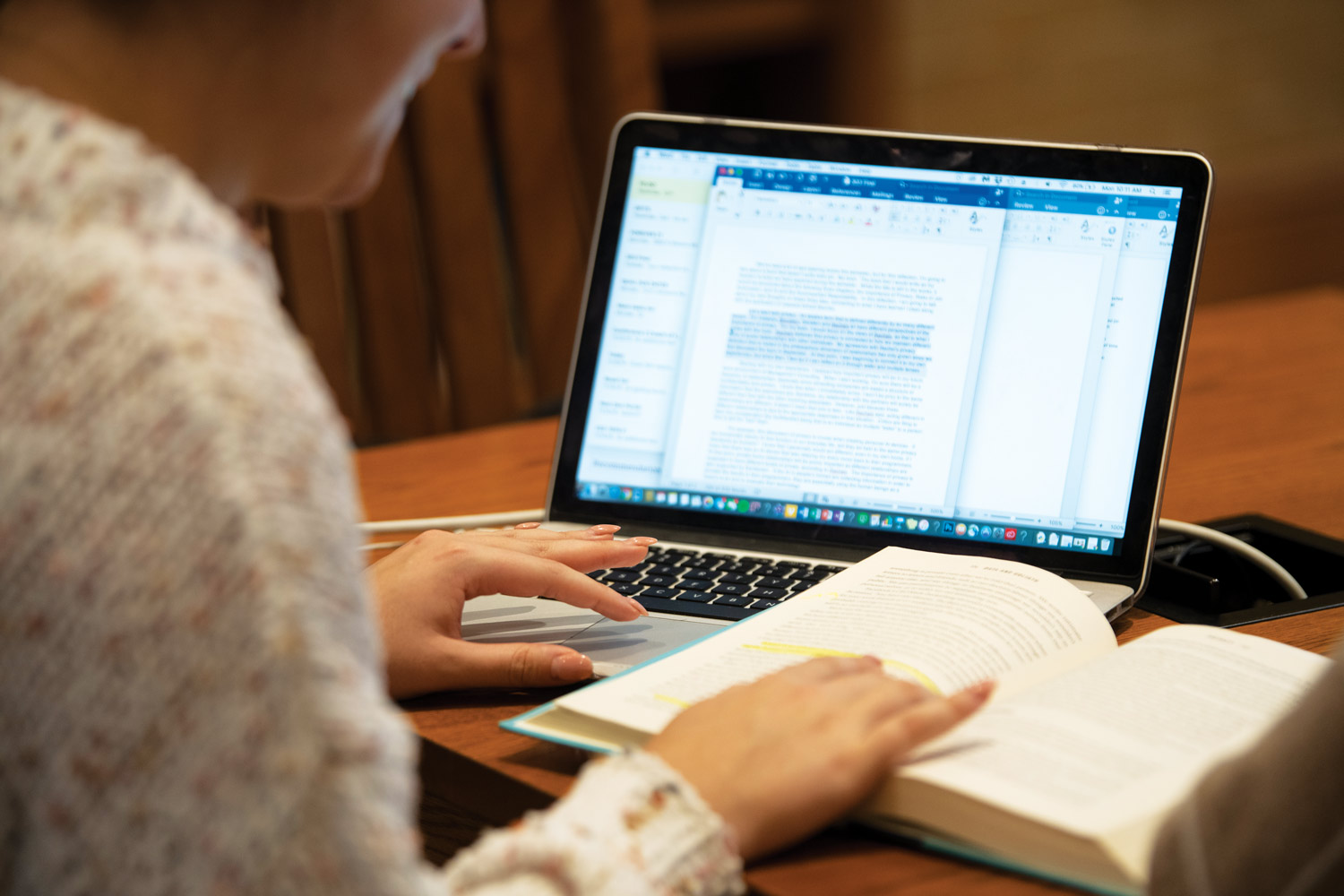
The University announced March 10 that classes would be held remotely for the remaining spring semester and that students would be required to vacate campus housing (with prorated credits for room and board, and exceptions available for students with need). Two days later, Bucknell canceled all events through the end of the spring semester, including admissions open houses, and advised students abroad to return to the U.S. as soon as possible.
President John Bravman acknowledged the disruption these changes would cause for a residential university like Bucknell, but he said they were taken to safeguard the most vulnerable to the disease.
“Residential education is fundamental to the value we offer our students, and Bucknell does not make this decision lightly,” Bravman said in announcing the changes. “We are fully aware of the challenges this will present to traditional ways of teaching and learning. But we know this is the right decision in light of what is ultimately most important not only for our community, but also on a global scale: to protect the health of those who face the greatest risk.”
In making these decisions, Bucknell took into account global and national developments in the progress of COVID-19. These included the March 11 declaration of a pandemic by the World Health Organization and a state emergency disaster declaration signed by Pennsylvania Gov. Tom Wolf on March 6.
In taking these steps, Bucknell joined a large contingent of schools of varying size, in rural and urban areas, that moved to remote instruction in response to COVID-19. This list includes Amherst College, Cornell University, Duke University, Harvard University, most of the University of California system and, in Pennsylvania, Penn State University, the University of Pennsylvania and West Chester University. The Patriot League also canceled all spring practices and competitions.
This report was up to date as of press time, March 24.
